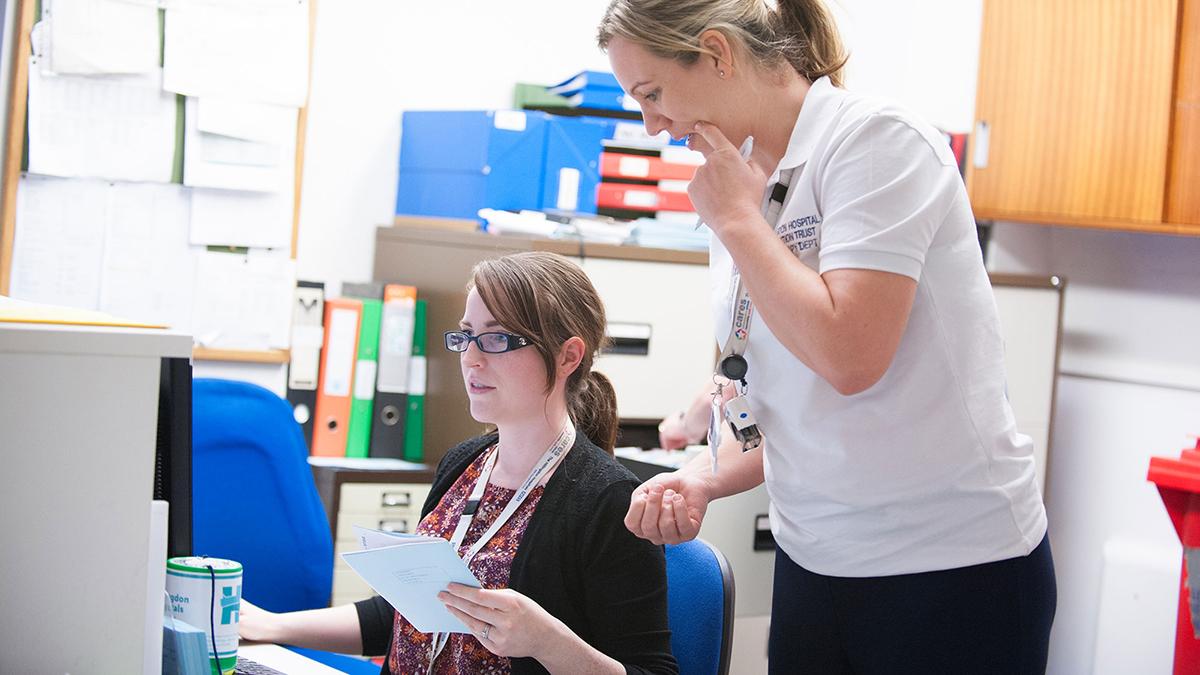Deciding whether a piece of evidence is useful to you is commonly referred to as critical appraisal.

Burls, 2009
Critical evaluation is an important stage of EBP where you are judging the quality and usefulness of the evidence you have found.
There are 3 key components of critical appraisal:
- Validity: can you trust the information, what is the quality of the research that has been undertaken, do you think the findings may be biased in some way?
- Clinical importance: what do the findings mean in clinical rather than statistical terms, could the findings make a big difference to your clinical outcomes, how would you explain the findings in a way that your patients can understand and which helps them to make decisions?
- Applicability: are the findings relevant to your practice, are the patients studied and the setting similar to mine, if not how important are the differences, do you have the necessary skills and resources to use the findings?
There are a number of tools and checklists that have been developed to make sure you evaluate the evidence in a systematic way. However, you do need to have a basic understanding of different research methodologies and types of analysis in order to answer the questions in the tools
Helpful resources
These resources will help you understand research methodologies and types of analysis:
PEDro tutorials
The Physiotherapy Evidence Database PEDro has a tutorial ‘Is the trial valid?’ and ‘Is the therapy clinically useful?’.
Critical Appraisal Skills Programme (CASP)
Six e-learning modules with worked examples – introduction to critical appraisal, finding the evidence, randomised controlled trials, systematic reviews, economic evaluations, making sense of the results.
BMJ: how to read a paper
This is a series of 10 papers on how to read and interpret different kinds of research papers including ‘Assessing the methodological quality of different types of studies’ and ‘Statistics for the non-statistician’.
Evidence Based Medicine Toolkit
This website has a glossary of terms used in research papers.
Toolkits and checklists
Evidence-based medicine
This toolkit contains Appraisal Guides with questions to ask yourself for research papers about therapy or prevention, diagnosis, prognosis, harm or aetiology; practice guidelines; systematic reviews and economic analysis
Critical Appraisal Skills Programme (CASP) checklists
Eight checklists for systematic reviews, randomised controlled trials, diagnostic, economic evaluation, qualitative, case control, cohort and clinical prediction rule studies
PEDro Scale
The Physiotherapy Evidence Database PEDro has its own specific checklist to rate clinical trials.
The Appraisal of Guidelines for Research and Evaluation (AGREE) Instrument
This tool has been developed to assess the quality of guidelines which includes a User’s Manual for using the tool.
